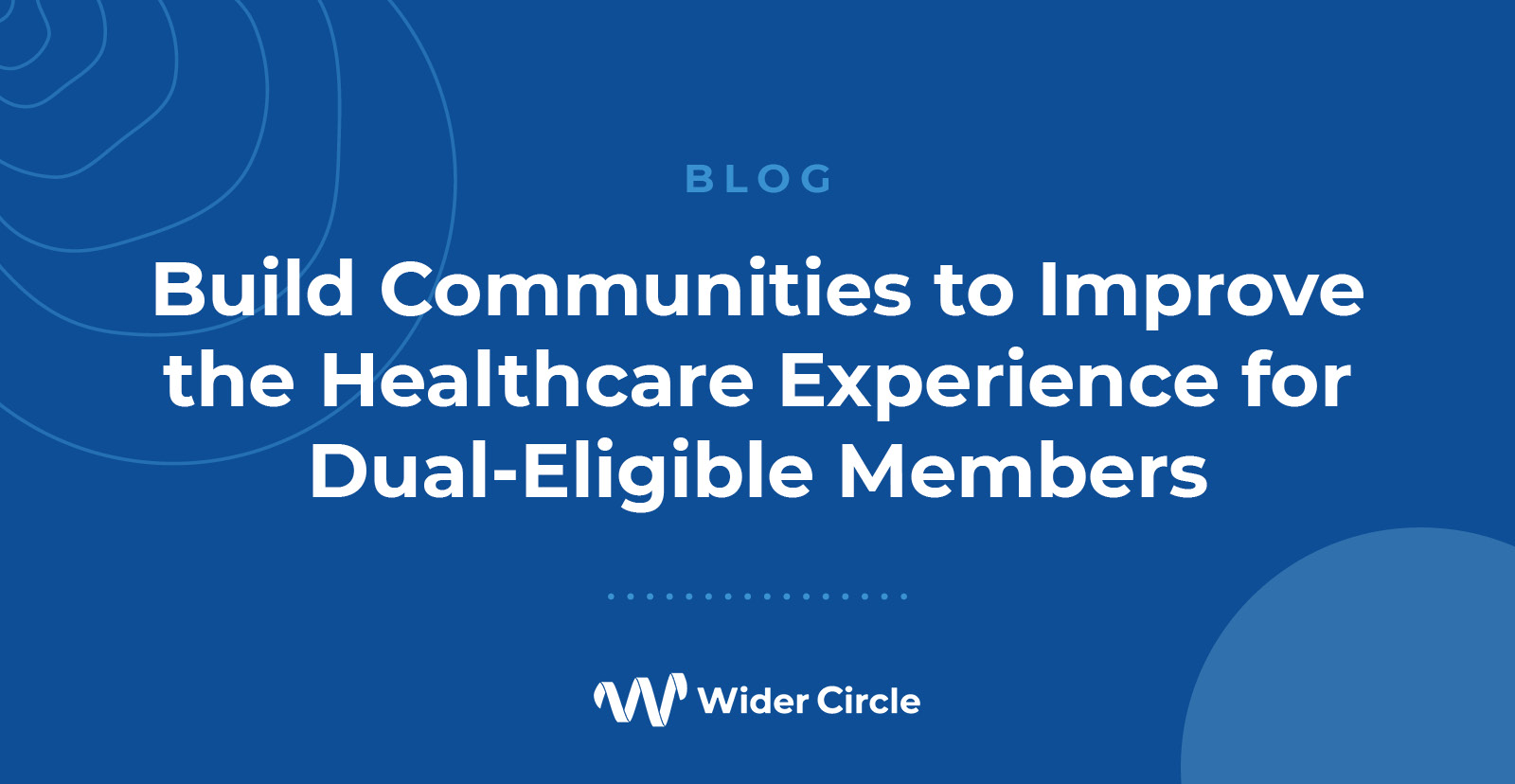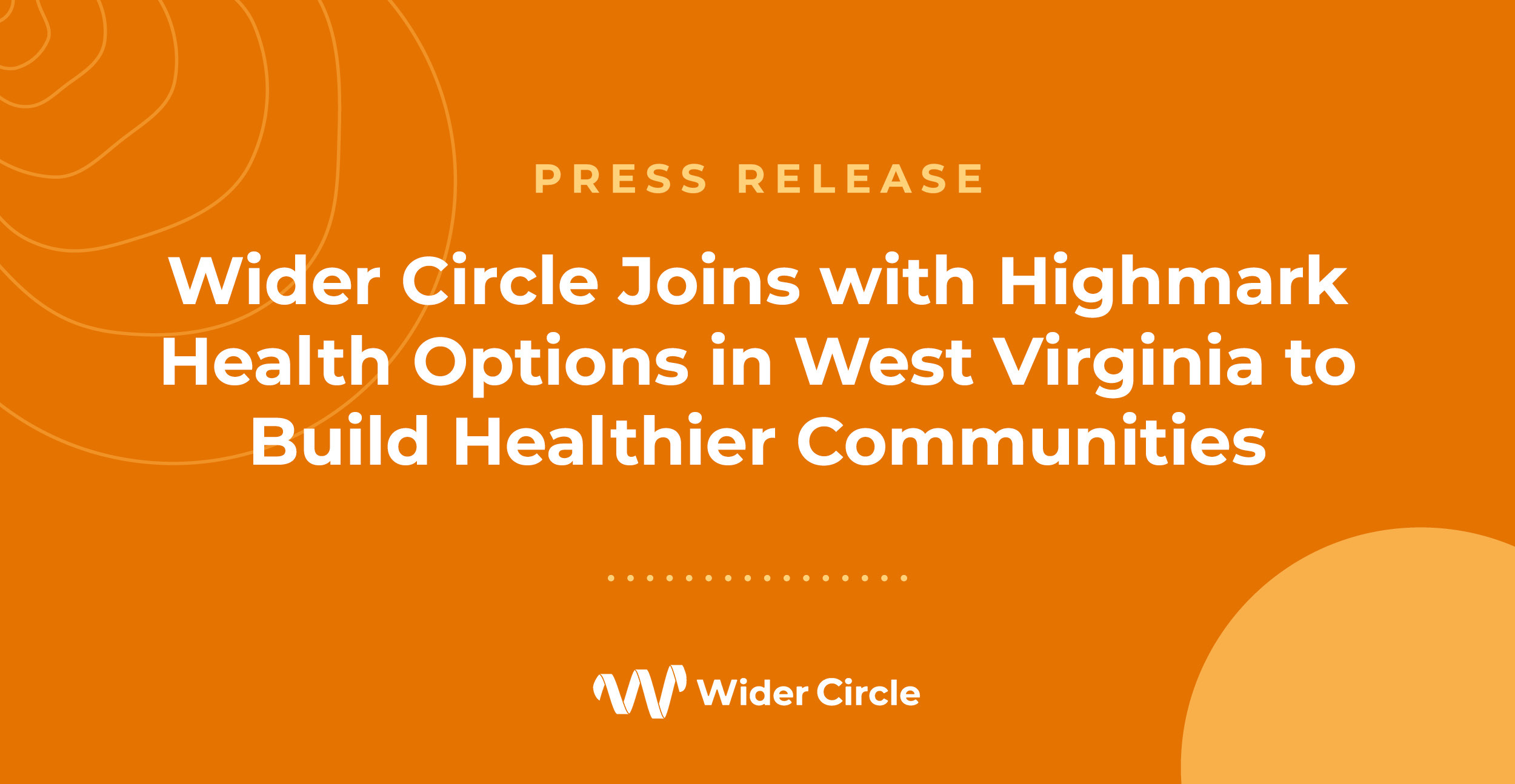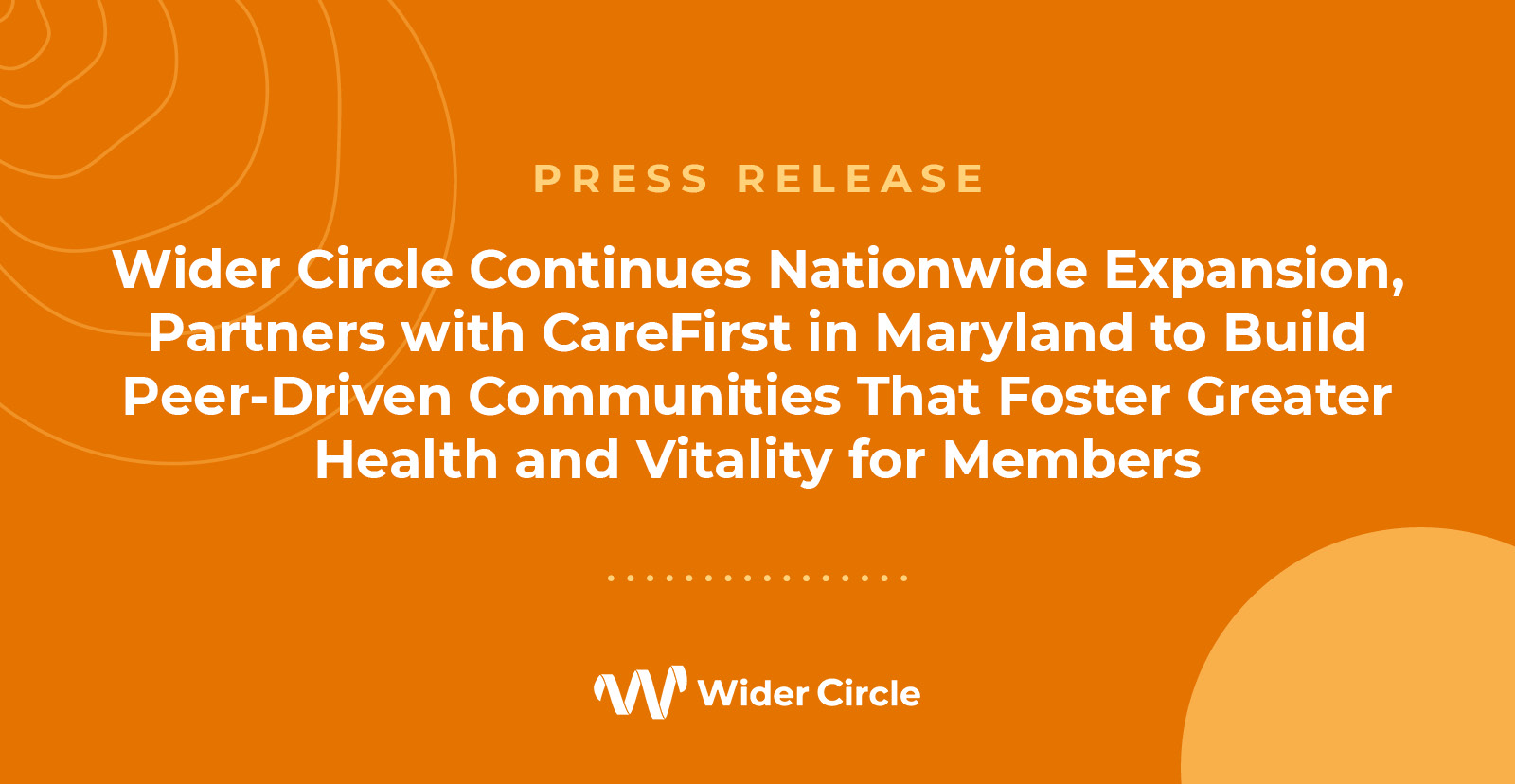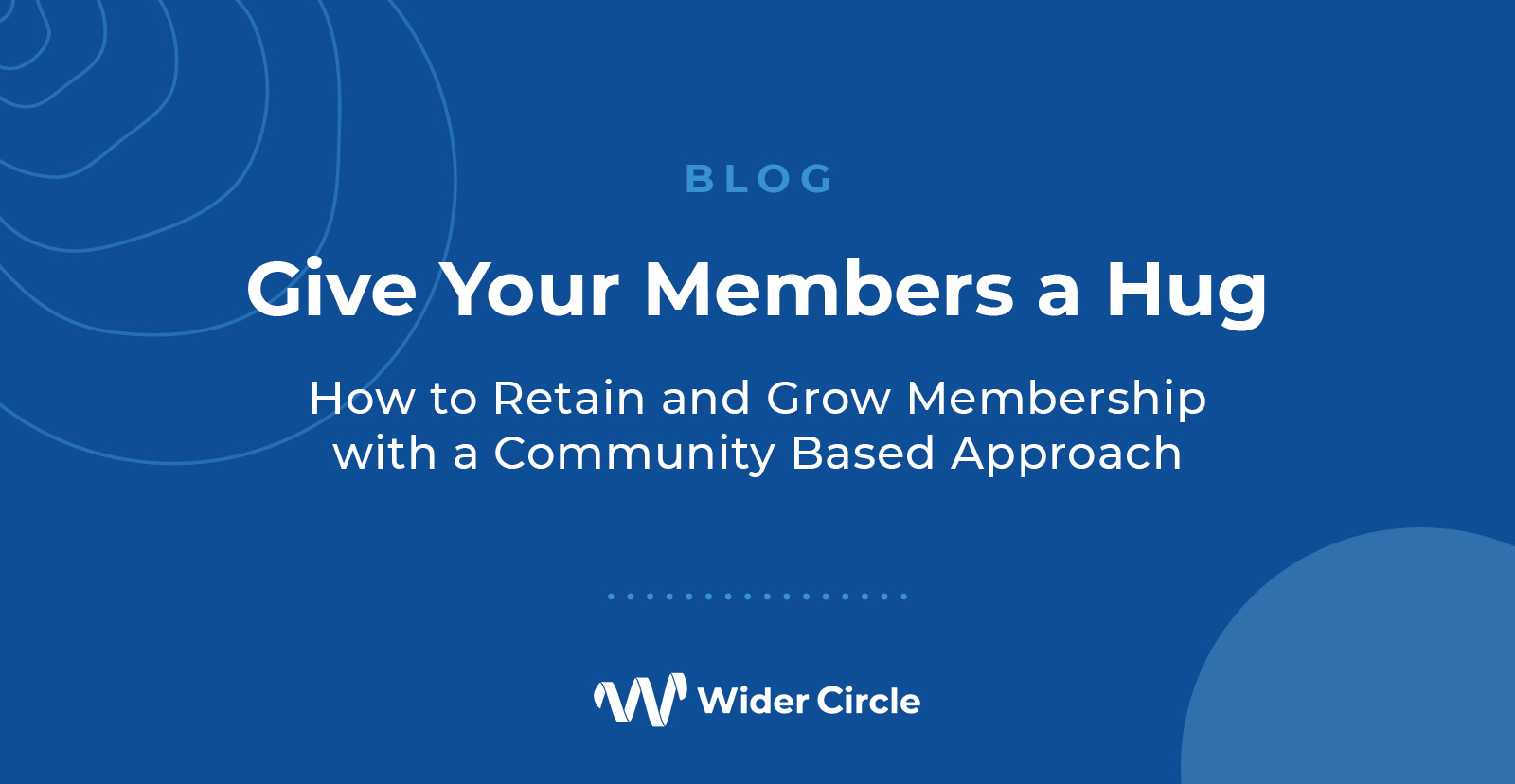
By Dr. Thomas Carlough
According to Kaiser Family Foundation, no less than 12.5 million of our fellow Americans are dually eligible, meaning that they rely on both Medicaid and Medicare for their healthcare.[1] This growing population now represents 34% of the spending in Medicare and 19% of our total Medicare beneficiaries.[2]
Importantly, more dual eligibles (more than four in ten, according to the Kaiser Family Foundation) were in fair or poor health, compared to the 17% of the general Medicare population. And, nearly twice as many dual-eligible reported having at least one limitation in activities of daily living (ADL)s.[3] Taken all together, while dual eligibles are individuals with a wide range of financial resources and diverse backgrounds, as a whole, this population does face a higher rate of healthcare and lifestyle challenges.
Serving dual eligible beneficiaries is at the heart of what we do at Wider Circle and our flagship product, Connect for Life®(CFL) was purpose-built in support of this effort. Our model with CFL is predicated on a few key non-negotiable tenants. First and foremost, a belief that if you connect people to each other, it will lead to better health. Second, if we can help spark these connections, the real power comes not from what we do for our members, but what they will do for each other. Third, at the core of our offering is a fastidious focus on creating and maintaining trust among our members. And finally, better health is not just good for the members, it is value created for our healthcare system. That’s why as a company we are focused on fostering community connections that create trust between us and our members, and among our members.
Lessons Learned on Nurturing Dual-Eligible Communities
Since our inception in 2015, we have built, tested, torn down, and rebuilt our model to foster these connections between individuals. At each step, however, we sought to stay true to the core principles above. It’s also why we remain committed to making sure that we track, measure, and study our impact. We strive not only to ensure that we are demonstrating value to our sponsors, but that we can enhance and refine our program over time and as needed. Along our journey , we have learned a few key lessons, some the hard way:
- Trust is hard to win, and easy to lose: for successful engagement, we have to make sure we are upfront about what we are trying to accomplish and do what we say we’re going to do.
- It matters who you are: our communities are local, and we make every effort to ensure that our engagement specialists are from the neighborhoods and communities where our members live. It’s very easy for members to spot an outsider.
- Put yourself in the members’ shoes: it’s easy for us to imagine we know the answer and for us to tell members what we think they should do. To create true connection, we have to listen first.
Measuring Impact & Our Commitment to Excellence
We are coming off a year where we have seen significant growth in our membership and we received actuarial validation for our methodology from Milliman. Today, more than 30% of the members we serve across the country are dual eligible. That’s an important metric for us. But just as important is whether we’re helping improve the lives of our members.
- Creating communities with positive social pressure in healthcare works as is demonstrated by the results from one of our sponsors:
- +9% Primary care visits for prevention (AWV).*
- 44 less inpatient visits per 1,000 participants.*
- 14% less emergency visits in Wider Circle participants.*
- * Compared to a propensity matched control group.
As Chief Technology Officer, one of my responsibilities at Wider Circle is to ensure that we are rigorously measuring the impact of what we do. I can tell you I do it not just because it’s sound practice, but because I firmly believe that to serve the growing number of dual eligibles, we must hold ourselves to a high bar. And that’s what I’m committed to doing.
——-
Dr. Thomas Carlough is a Senior Vice President and Chief Technology Officer at Wider Circle. Dr. Carlough oversees Wider Circle’s data, engineering, and product teams. He is a trained hospital pharmacist previously working in pediatrics and oncology before dedicating his professional career to bioinformatics and clinical data science. He has served in various capacities in health systems and as a practicing pharmacist.
Wider Circle works with health plans and providers nationally to deliver unique community care programs that connect neighbors for better health. Centered on trusted relationships, Wider Circle connects health plan members with like-minded neighbors to inform, support and motivate one another, empowering them to be more proactive about their health. Wider Circle’s trusted delivery network has been proven to drive resilience, improve member experience, engagement and reduce inappropriate utilization and has been published in peer reviewed literature. Today, Wider Circle offers its unique neighborhood care programs to tens of thousands of communities nationwide. To learn more, visit widercircle.com.
[1] KFF (https://www.kff.org/medicare/issue-brief/a-profile-of-medicare-medicaid-enrollees-dual-eligibles/)
[2] MACPAC (https://www.macpac.gov/topics/dually-eligible-beneficiaries/)
[3] KFF (https://www.kff.org/medicare/issue-brief/a-profile-of-medicare-medicaid-enrollees-dual-eligibles/)


